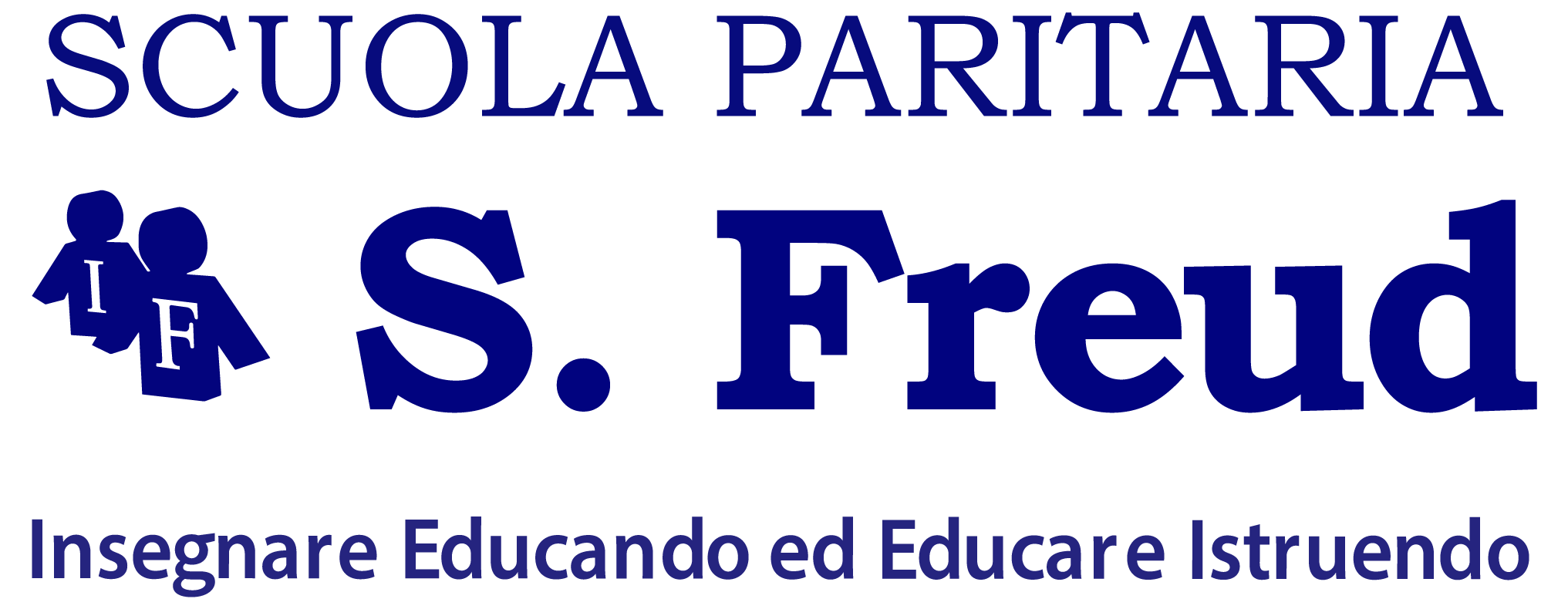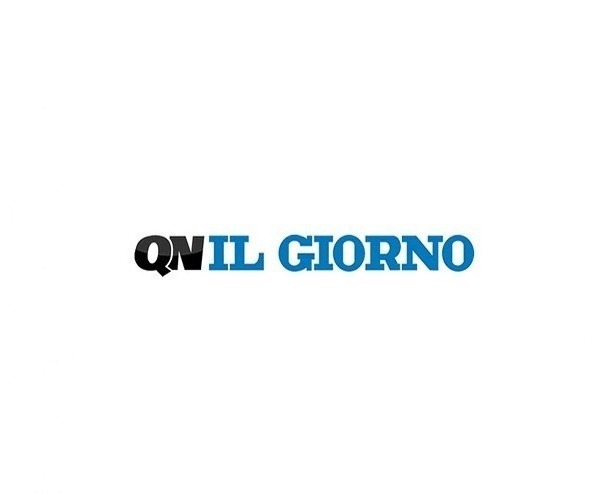3 gennaio 2025
Dr. Daniele Nappo, Legal Representative and Founder of the S. Freud Private School, draws attention to the technological progress that is bringing about social changes and new demands in the labour market. Consequently, schools too must rethink their methods, spaces and objectives to adapt to the challenges.
The school of the future will not just be a place where knowledge is acquired, but an industrious ecosystem that prepares to live in a constantly changing world. With technological progress, social changes and new labour market demands, schools must rethink methods, spaces and goals to adapt to the challenges. Technology is a central element, not an end in itself. Tablets, virtual reality, artificial intelligence and personalised learning platforms will become devices to make education more interactive, accessible and inclusive. Augmented reality will be able to transform the history lesson into an immersive journey into the past, while AI will help create customised learning paths. Yet it will be essential to maintain the balance between technology and human interaction. Teachers will not be replaced by machines, but their role will evolve: they will become mentors and facilitators, able to guide students in critical thinking and the conscious use of digital resources. Classrooms with rows of desks will be surpassed for flexible, multifunctional spaces. The school will be designed to foster collaboration, creativity and hands-on learning. Technology laboratories, green spaces for environmental education, coworking and relaxation areas will become part of the school architecture. The idea is that the environment should adapt to the needs of the students, not vice versa. Modular spaces will make it possible to move from lectures to group work, from artistic activities to immersive experimentation, in a context that will stimulate well-being and curiosity. Instead of a standardised model, the school will offer customised courses that take into account the passions, inclinations and learning pace of each individual. Education will no longer be confined to traditional disciplines but will encompass transversal skills such as emotion management, problem solving, critical thinking and global citizenship. The students will be involved in concrete projects, which will enable them to apply theoretical knowledge to real situations. Thus the school will become a laboratory of life, capable of preparing young people not only for work, but also for being aware citizens.


